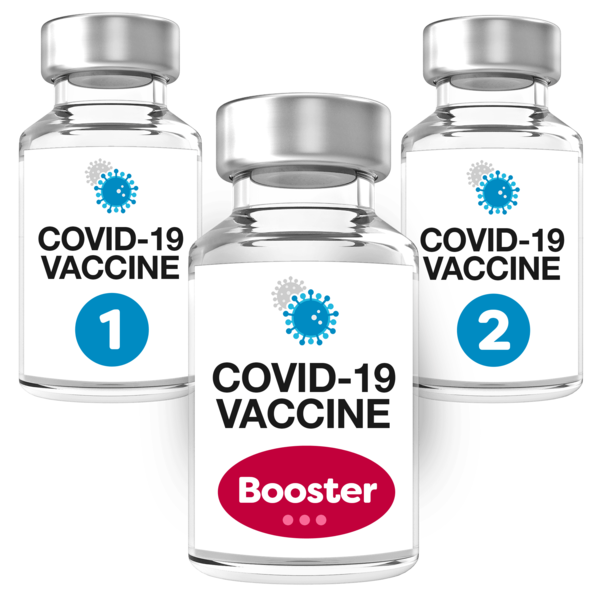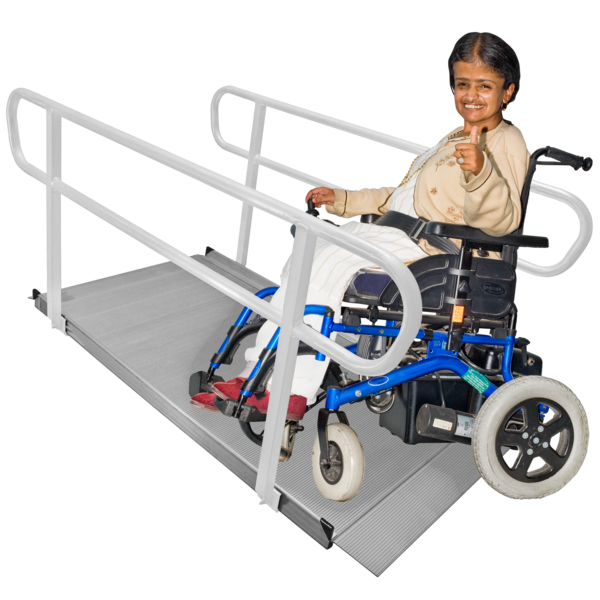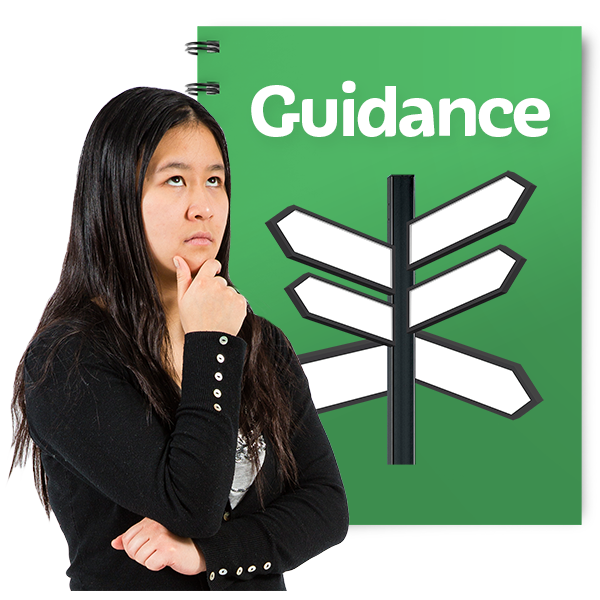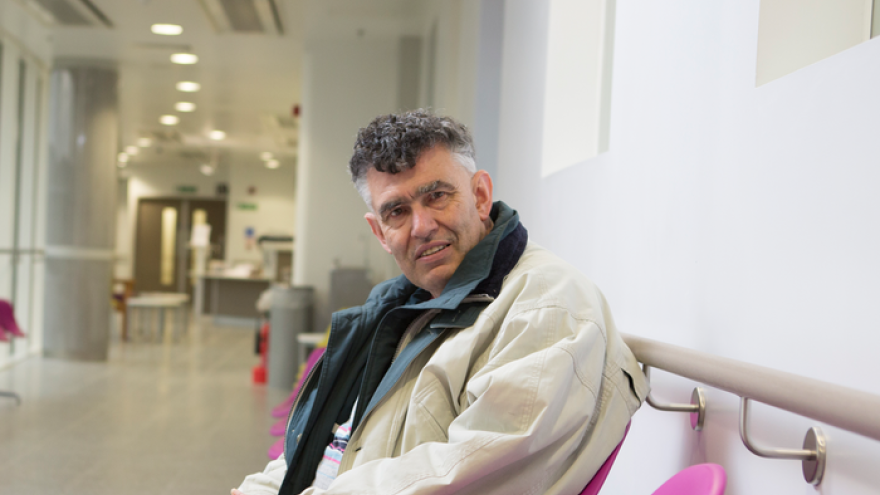We need your help
Data from Public Health England shows that people with a
learning disability
 A learning disability is to do with the way someone's brain works. It makes it harder for someone to learn, understand or do things.
are more than 6 times as likely to die from coronavirus as the general population.
A learning disability is to do with the way someone's brain works. It makes it harder for someone to learn, understand or do things.
are more than 6 times as likely to die from coronavirus as the general population.
However, many people with a learning disability are not prioritised to receive a potentially life-saving
vaccine
 A vaccine is medicine that helps your body to fight an infection in the future.
.Therefore we're asking for the support of MPs to help get better access to the vaccine for people with a learning disability.
A vaccine is medicine that helps your body to fight an infection in the future.
.Therefore we're asking for the support of MPs to help get better access to the vaccine for people with a learning disability.
To help you understand more about this, why it's important and how you can help we've gathered answers to some frequently asked questions.
Click each question below to reveal the answer beneath.
What can the Government do about this; the decision about vaccine prioritisation is made by the JCVI?
According to the JCVI (Joint Committee on Vaccination and Immunisation) Code of Practice (June 2013) ‘The JCVI provides advice and recommendations based on scientific evidence that is used by
the Government
 The Government are the people who run the country. The Government decide how much tax people should pay and how things like the National Health Service (NHS) should work.
to inform, develop and make policy. JCVI is not a policy maker in its own right and has no regulatory function.’
The Government are the people who run the country. The Government decide how much tax people should pay and how things like the National Health Service (NHS) should work.
to inform, develop and make policy. JCVI is not a policy maker in its own right and has no regulatory function.’
The JCVI therefore advises the Secretary of State for Health and
Social Care
 Social care means the services that give care and support to people who need it.
in England, Matt Hancock, who makes the ultimate decision on prioritisation.
Social care means the services that give care and support to people who need it.
in England, Matt Hancock, who makes the ultimate decision on prioritisation.
Similarly, ‘JCVI has no statutory basis for providing advice to Ministers in Scotland or Northern Ireland. However, health departments from these countries may choose to accept the Committee’s advice or recommendations.' [1]
JCVI’s medical approach is reliable, it is not up to politicians to override the scientific evidence
JCVI’s medical approach to the vaccine priority list is flawed. It must take into account long-standing societal inequalities and urgently prioritise everyone with a learning disability:
As coronavirus unleashed itself, many claimed it was the great leveller but we now know this is absolutely false - structural
discrimination
 Discrimination is when someone is treated differently (usually in a bad way) because of things like their disability or their
religion
Discrimination is when someone is treated differently (usually in a bad way) because of things like their disability or their
religion
 Religion is to do with the things you believe about the world. For example you may believe there is a god or something else. Examples of religions are Christianity, Hinduism, Islam and Judaism.
.
and systematic inequalities play a huge role in the disease’s spread. The JCVI’s medical approach to deciding who gets priority access to the vaccine is based on clinical vulnerability and fails to take into account a host of social, economic and health inequalities.
Religion is to do with the things you believe about the world. For example you may believe there is a god or something else. Examples of religions are Christianity, Hinduism, Islam and Judaism.
.
and systematic inequalities play a huge role in the disease’s spread. The JCVI’s medical approach to deciding who gets priority access to the vaccine is based on clinical vulnerability and fails to take into account a host of social, economic and health inequalities.
Long before coronavirus, people with a learning disability faced serious health inequalities and died on average over 20 years younger than the general population.
Now, only a small number are being prioritised for the coronavirus vaccine. The JCVI must consider the impact of societal inequalities on people’s risk from coronavirus, and urgently prioritise everyone with a learning disability.
What is the evidence that people with a learning disability should be prioritised?
People with Down’s syndrome and severe and profound learning disabilities have been prioritised in priority group 4 and 6 respectively.
However, all people with learning disabilities are over 6 times more likely to die from coronavirus, and at a younger age.
The 2020 Learning Disability Mortality Review (LeDeR) into deaths of people with a learning disability found that 65% of people with a learning disability who died from diagnosed or suspected coronavirus had a mild or moderate learning disability. [2]
The coronavirus death rate for people with a learning disability aged 18 to 34 was 30 times higher than the general population.
For example, we know from research that women with a learning disability die 27 years earlier than the general population.
That means that a 53 year old woman with a learning disability is in a similar position as an 80 year old without a learning disability. Yet the 80 year old is being vaccinated now, which is absolutely right, but the person with a learning disability is not, and may not get access to the vaccine until May. This isn't right.
[2] Deaths of people with a learning disability LeDeR review (2020) (PDF).
Why should people with mild and moderate learning disabilities be prioritised if the science doesn’t support that?
People with mild and moderate learning disabilities have not been prioritised despite being at high risk of dying from coronavirus.
The 2020 Learning Disability Mortality Review (LeDeR) into deaths of people with a learning disability found that 65% of people with a learning disability who died from diagnosed or suspected coronavirus had a mild or moderate learning disability. [3]
People with mild and moderate learning disabilities face inequalities and barriers accessing healthcare meaning more adverse outcomes from coronavirus than the general population. Barriers include:
- lack of
accessible
 Accessible means something is easy for people to use or join in with. For example: Accessible writing means the writing is easy to read and understand.
information
Accessible means something is easy for people to use or join in with. For example: Accessible writing means the writing is easy to read and understand.
information - unclear communication
- inadequate care in hospital
- removal of critical care.
Public Health England’s report on deaths of people with learning disabilities found that ‘0.57% of adults registered with GPs who are on learning disabilities registers… The great majority of people recognised as having learning disabilities in schools are not recognised as such by health services in adulthood. Those missed are likely to be those with mild or moderate (as opposed to severe or profound) intellectual disabilities. This group are known to have poor physical health, including higher rates of obesity and diabetes, putting them at increased risk of death from COVID-19. They are also likely to have less capacity to understand and follow
guidance
 Guidance means being given clear instructions to be able to do something well.
on social distancing.’ [4]
Guidance means being given clear instructions to be able to do something well.
on social distancing.’ [4]
[3] Deaths of people with a learning disability LeDeR review (2020) (PDF).
What is learning disability? What is the difference between mild, moderate, severe and profound learning disability?
A learning disability is a reduced intellectual ability, which can cause problems with everyday tasks – for example shopping and cooking, or travelling to new places – which affects someone for their whole life.
People with a learning disability can take longer to learn new things and may need support to develop new skills, understand difficult information and engage with other people.
The level of support someone needs is different with every individual. For example, someone with a severe learning disability might need much more support with daily tasks than someone with a mild learning disability.
What is the difference between a learning disability and a learning difficulty?
Dyslexia
 Dyslexia is a learning difficulty. People who have dyslexia can find it hard to read, write and spell.
and dyspraxia are learning difficulties, not learning disabilities. Very often the term ‘learning difficulty’ is wrongly used interchangeably with ‘learning disability’.
Dyslexia is a learning difficulty. People who have dyslexia can find it hard to read, write and spell.
and dyspraxia are learning difficulties, not learning disabilities. Very often the term ‘learning difficulty’ is wrongly used interchangeably with ‘learning disability’.
A learning difficulty does not affect intellect.
Mencap is recommending that only people who have registered with their GP as having a learning disability will be eligible for priority group 6.
A learning disability requires a formal diagnosis by a clinical psychologist and evidence should be provided to the GP
Would vaccinating people with mild and moderate learning disabilities overwhelm the vaccination programme, putting more vulnerable groups at risk?
In many cases people will already be prioritised i.e. people with Down’s Syndrome are in priority group 4, people with severe and profound learning disabilities and people with underlying health conditions are in priority group 6.
Once these numbers have been removed, we estimate between 100,000 and 200,000 people will be added to priority group 6, which is a manageable number.
People with mild and moderate learning disabilities are at significantly greater risk of dying from coronavirus than the general population, making it imperative that they are prioritised.
Will this increase bureaucracy for GPs and slow down the vaccination programme? How will GPs identify people with a learning disability?
Prioritising all people with a learning disability will not increase bureaucracy for GPs, in fact it may reduce it.
Data on learning disabilities in general is poor. While GPs may record whether a patient has a learning disability on the register, they do not currently record the level of learning disability i.e. mild, moderate, severe or profound.
In the current proposals where only people with severe and profound learning disabilities are prioritised, GPs will need to contact all patients and families flagged on their system as having a learning disability to ascertain the level of learning disability. This could present logistical challenges and increase workload for GP practice staff.
Offering the vaccination to everyone identified on the register as having a learning disability significantly
cuts
 Cuts are when there is less money to pay for things like clubs and support.
down on the process of identifying and filtering patients with different types of learning disability.
Cuts are when there is less money to pay for things like clubs and support.
down on the process of identifying and filtering patients with different types of learning disability.
We estimate that expanding priority group 6 to include people with mild and moderate learning disabilities will only add between 100,000 to 200,000 people.
Should carers be prioritised in a higher group?
Currently carers are in priority group 6. We are not calling for carers to be upgraded from group 6.
Why is this only for England, what about Wales and Northern Ireland?
Health is a devolved issue, and therefore it is the responsibility of each nation to decide on their own individual policy.
JCVI has no statutory basis for providing advice to Ministers in Scotland or Northern Ireland. However, health departments from these countries may choose to accept the Committee’s advice or recommendations.
While the Welsh Senedd and Northern Ireland Assembly take advice from the JCVI, it is ultimately the responsibility of the health minister in those 2 countries to decide prioritisation.
In Wales we are asking for people to sign this petition calling on the Welsh Senedd to prioritise people with a learning disability.
We encourage people to contact their MS in Wales and MLA in Northern Ireland to lobby their Minister of Health to prioritise people with learning disabilities.

About coronavirus (COVID-19)
We have created lots of accessible and
easy read
 Easy Read is a way of making written information easier to understand. Pictures are usually added next to the writing.
information about coronavirus and the rules that the government have put in place.
Easy Read is a way of making written information easier to understand. Pictures are usually added next to the writing.
information about coronavirus and the rules that the government have put in place.
Take a look at our coronavirus webpages to find out more.
